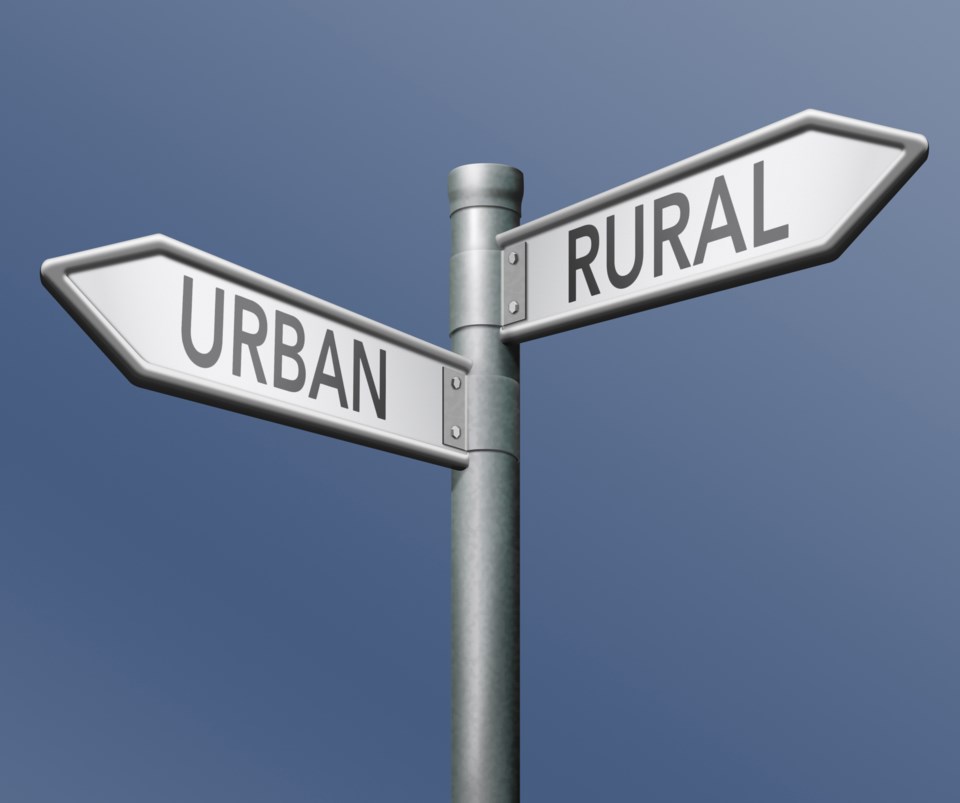Does where you live, influence how you think or vote?
“I think it’s pretty well fixed in stone,” says Ron Cheffins, University of Victoria Professor Emeritus of Law and Political Science.
British Columbians appear to have very different political views depending on which region they call home – and given the current political polarization across the province, Cheffins warns the situation might never change.
“It’s very hard to maintain your base and at the same time develop policies to win approval from the other side of the political equation,” adds Cheffins.
With the exception of the 1991 election when Mike Harcourt’s New Democrats reduced the previous Social Credit government to third party status, and the 2001 vote when Gordon Campbell’s Liberals stormed to power winning 77 of 79 seats, British Columbia’s two main political forces have generally failed to win provincewide support to erase the urban-rural split.
Cheffins doesn’t see that pattern changing anytime soon.
“We have an NDP party that has moved away from the blue-collar worker towards more or less an environmental base,” says Cheffins.
For their part, the Liberals remain focused on the Interior, where the natural resource-based economy is king, driven to a large extent by working class families mostly concerned with maintaining jobs.
“You have to be very cautious as a political leader before you abandon your base to embrace the other side,” says Cheffins.
Throughout the Interior, many question whether their concerns are being heard in the capital with only three of the governing NDP’s 41 members representing Interior ridings.
“A lot of people in Metro Vancouver fail to realize that a great deal of their wealth is generated in rural regions,” says Claude Richmond, former Kamloops MLA and Speaker of the Legislature.
“It may be controlled on Howe Street, but most of B.C.’s wealth is created in the Interior and the North.”
First elected in a 1981 byelection, Richmond says he witnessed the “urban-rural” quite early on while serving in the Bill Bennett government.
“One good example is the person who was running the B.C. Lottery Corporation was determined to have the head office in Vancouver. However, several of us – including Bill Bennett – said no way.”
That is how the BCLC headquarters ended up in Kamloops,” recalls Richmond.
For Cheffins, British Columbia’s political divide can be traced to the Vancouver Island coal miners strike of 1912-1914.
“Historically, when we brought in Welsh miners to Cumberland, the great fault line was initially created pitting the working class against the well-to-do,” says Cheffins, “today that class politics has shifted to a more environmental argument versus a desire for natural resource extraction.”
Both Cheffins and Richmond agree that geographical divisions in political philosophy are generally quite common, noting that US states such as Montana, South Dakota and Wyoming look at the world differently than New York, Los Angeles, and San Francisco.
“If you go to the United Kingdom, you get one view from London and a very different take on issues from the north and industrialized cities,” states Cheffins.
As the rise of Donald Trump has consistently reminded us over the last two years, appealing to your “core” has never been more important in politics. It’s happening in Washington, Ottawa and yes, Victoria. British Columbians be more divided than ever – and if Cheffins is correct, our next election will be determined in just 10 ridings.
Abraham Lincoln once quoted poet John Lydgate: “You can please some of the people all of the time, you can please all of the people some of the time…but you can’t please all of the people all of the time.”
As always, I welcome your comments and criticism on Twitter @kammornanchor and email [email protected].
Bob Price is a veteran B.C. broadcaster who anchored the morning news on CHNL radio in Kamloops for the past 30 years. Bob is also a past Webster Award winner whose previous stops included Vancouver and Calgary.



